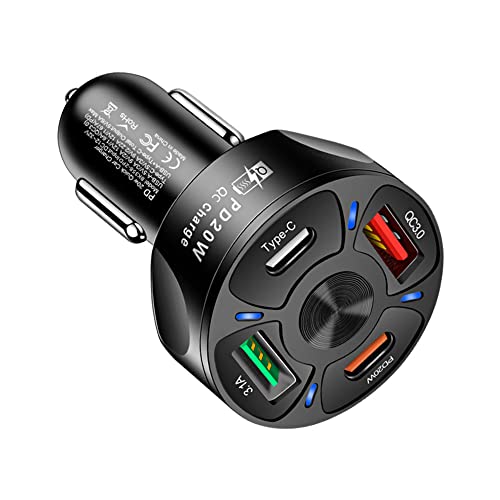NightHawk
Well-known member
I've started this dedicated thread for posting reports from FFE owners who have increased their tire pressure beyond the Ford recommended 38psi level to see if they got any higher mileage/range.
This has been commented on in various other threads, but it would be good to have reports here in this easy to find thread now.
I'm interested if higher tire pressure (up to 45psi) increases mileage/range significantly and if it effects slower surface street travel more/less than freeway travel, also how it effects mileage going up hill vs down hill.
This has been commented on in various other threads, but it would be good to have reports here in this easy to find thread now.
I'm interested if higher tire pressure (up to 45psi) increases mileage/range significantly and if it effects slower surface street travel more/less than freeway travel, also how it effects mileage going up hill vs down hill.



























![4 Ports Fast Car Charger,[Upgrade Voltmeter Display] PD+QC3.0+USB C Car Charger for 12-24V Cigarette Lighter Plug,Car Phone Charger Compatible with iPhone/Android/Samsung/iPad (QC3.0+Type-C+PD+2.4A)](https://m.media-amazon.com/images/I/41Zu+AlABTL._SL500_.jpg)









